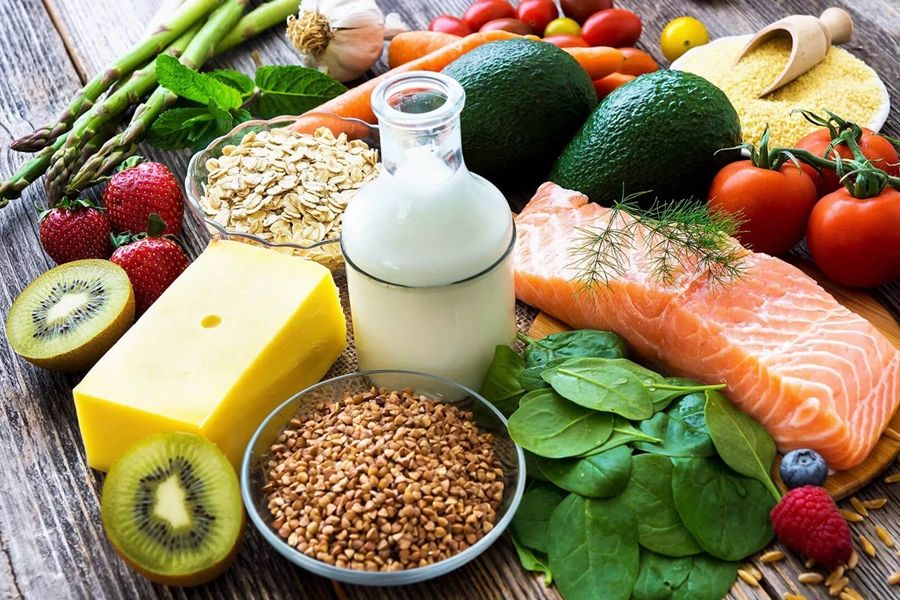With the change of weather, especially in the beginning of the winter, our body resistance can be lower than normal, and we may become more vulnerable to illness. In these times when the body is exposed to external dangers, we can see illnesses such as upper respiratory tract infections, colds, and flu. Illnesses, like the common cold, show some symptoms like fatigue, headache, sore throat, sneezing, coughing, runny nose, fever so that they affect daily life negatively.
Supporting your immune defense system can help in preventing illnesses or reducing their symptoms.
In a survey of people with the common cold in the USA, even though antibiotics are not an effective treatment. Survey results exhibit that nearly half of the affected people used antibiotics. For this reason, strengthening the body with zinc and vitamin C supplements that support immunity and taking care of your diet may be better alternatives.

Specifically, in children and in the elderly, zinc is beneficial for decreased risk of common colds and upper respiratory tract infections. Furthermore, vitamin C helps to reduce the duration and severity of the common cold by improving antimicrobial and natural killer cell activities. So, how can we support our bodies in terms of vitamin C and zinc? Some zinc-rich food groups include whole-grains, meat and meat products, milk and dairy products, and fish. Vitamin C is not stored in the body. So, it is important to consume fresh vegetables and fruits on a daily basis.
Some plants may support our immunity when we look at food-based help.
For instance, adding garlic to your meals during these seasons may be a good option. Some substances in the garlic support immunity, as it has antiviral and antibacterial effects. Since they regulate the activities of enzymes, it may be useful to include some plants in the diet as a way to prevent disease. Blueberries, red onions, kale, cranberries, broccoli, and green tea includes a substance named quercetin. This substance protects the body from bacteria. Moreover, green tea contains vitamin C, and green tea extract inhibits viral proliferation.

It is important to support the immune system to increase body resistance in seasonal changes.
In these periods, paying attention to diet by choosing foods with varied and rich nutrients. It may be a good way to support the body's defense mechanisms. You can make small changes by editing meal contents. You can add fish to your menu for a couple of days in the week. Eat the meat on other days, and consume the products every day for consumption of adequate zinc. Also, whole grain bread can be a good alternative to zinc intake.
Remember to consume fresh vegetables and fruits on a daily basis, especially citrus fruits that contain vitamin C.
Due to their antioxidant, antibacterial, and antiviral effects, some plants are very useful for immunity. Daily consumption of green tea (vitamin C) with its antioxidant and antiviral effect will reduce the symptoms and the risk of illness.















